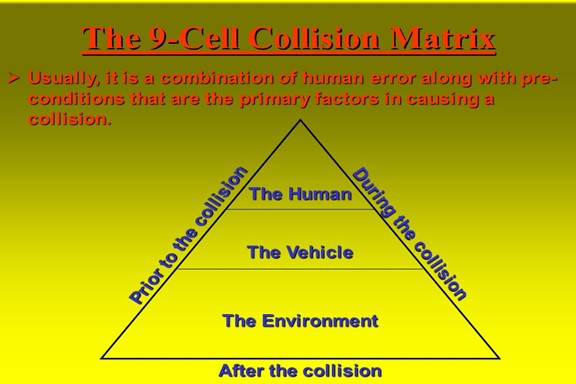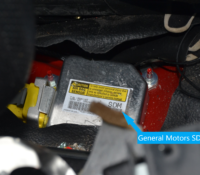
Archive: Collisions

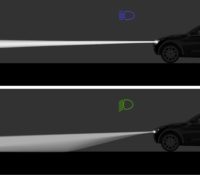
If There is a Human, There are Human Factors
If there is a human involved in the case, there is a good chance that human factors theories and principles will be applicable. Human factors is the study of people interacting with their surrounding environment. A human factors expert applies their knowledge of human capabilities and limitations to each unique case to assess the physical, sensory, and cognitive factors that caused a person to behave a certain way within the surrounding environment.
Consider the following situations in which a human factors expert would be beneficial: Read More
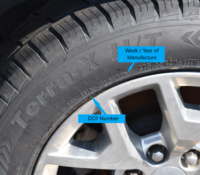
The Vehicle – Tires
In a previous blog post, I gave an overall introduction to the 9-Cell Collision Matrix as an investigative tool used in collision reconstruction. Now let’s focus in a little at each element.
They are called car wrecks, after all…so let’s start with a more comprehensive look at the vehicle component of the matrix. This review of the vehicle before, during, and after the collision will highlight a few important factors but is not meant to be all-inclusive. So, let’s get started! Read More
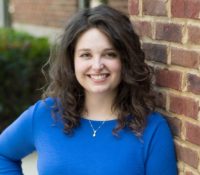
WARREN Welcomes Human Factors Consultant Ellen Szubski, Ph.D.
Please join us in welcoming Human Factors Expert Ellen Szubski, Ph.D, to the WARREN family!
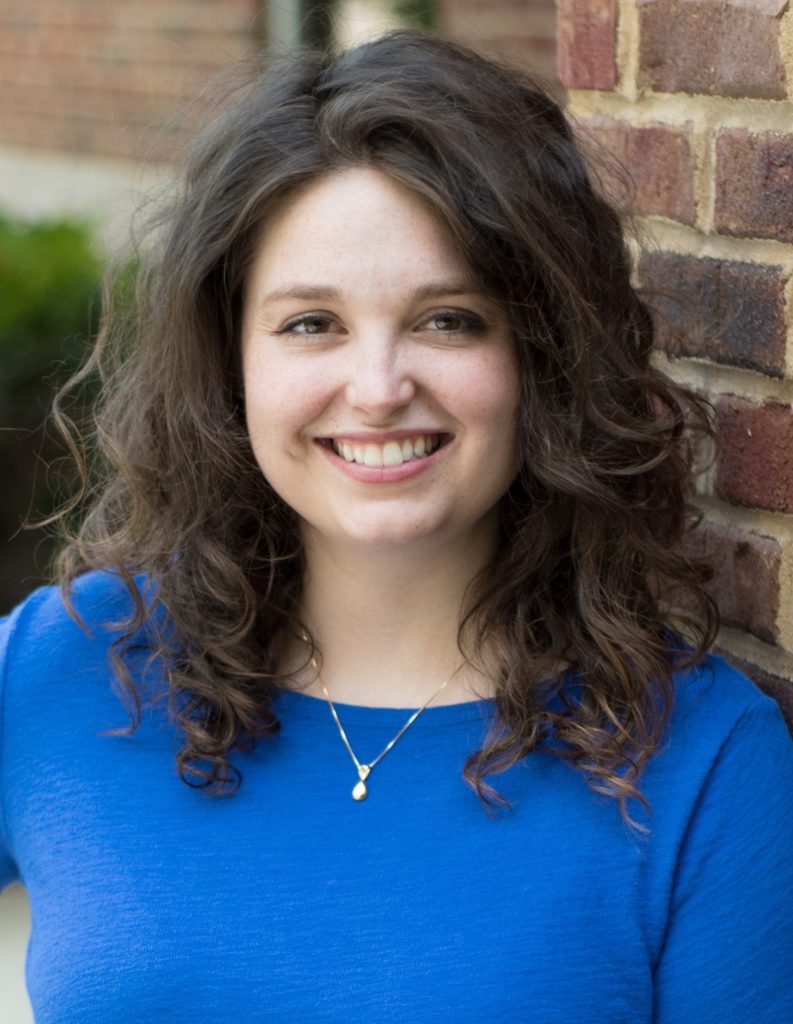
Ellen’s Areas of Expertise Include:
- Human Factors & Safety
- Illumination Evaluation
- OSHA Regulations
- Premises Liability
- Slips, trips, and falls
- Workplace injuries
- Vehicle/Pedestrian/Bicycle Crash Investigation
Ellen Szubski is a human factors consultant with Warren. Her expertise focuses on the crash investigations and other personal injury matters. These matters often include collisions and/or crashes involving vulnerable road users and drivers, driver distraction, and slips, trips. & falls. She utilizers her knowledge of OSHA regulations, codes and standards in her analysis of premises liability incident and safety consulting.
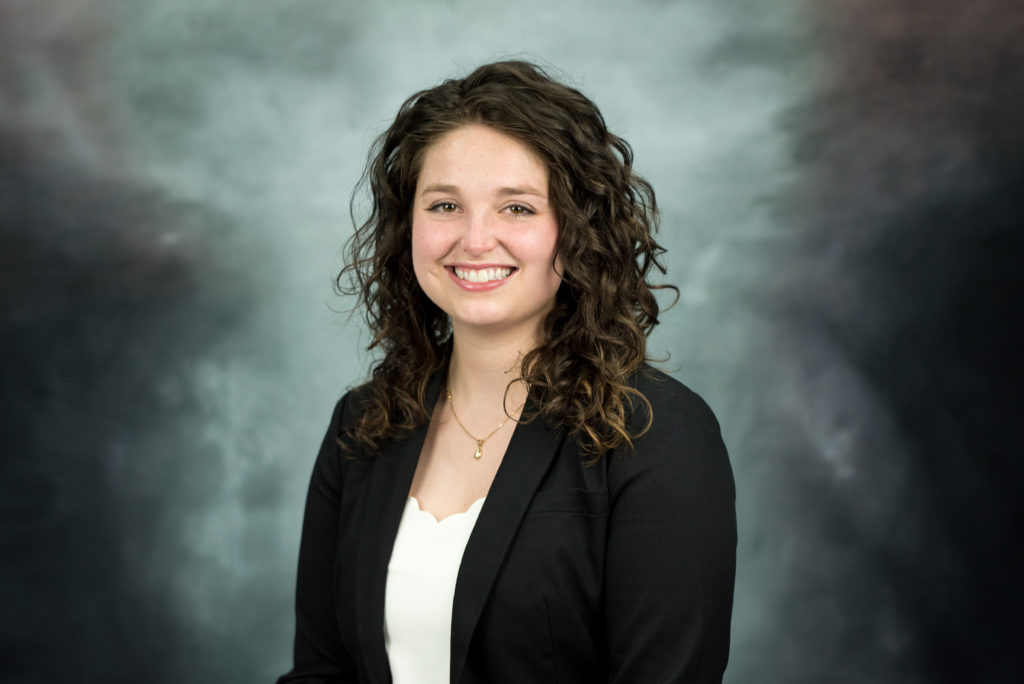
Ellen graduated from Clemson University with a Master of Science in Applied Psychology and a Doctor of Philosophy in Human Factors Psychology. She did her dissertation on “The Influence of Pedestrian Biological Motion on Time-To-Collision Estimates at Night.” Ellen is a member of the Human Factors and Ergonomic Society (HFES) and its Forensic Professional Technical Group. She has presented multiple times at the Human Factors and Ergonomics Society Annual meetings.
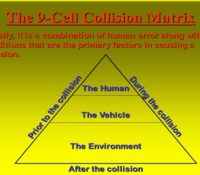
The Collision Reconstruction Matrix
It’s mid-January, the high today is 28 degrees with lows in the teens as the Carolinas are in the grip of a Canadian cold front and I’m on call tonight. The phone rings at 3:00 am; yes Sir, three cars with two fatalities, I-85 northbound, yes Sir, on the way. Despite the hurdles that lie in front of me – cold, fatigue, the loss of life – my job with the South Carolina Highway Patrol Multi-Disciplinary Accident Investigation Team (MAIT) is to investigate, document, and ultimately prosecute chargeable collisions. To properly reconstruct this collision, three essential and distinct categories must be investigated and documented in order to provide a well-founded explanation of the series of events prior to, during, and after the collision regarding the human, the vehicle, and the environment; this investigative technique is known as the 9-cell collision reconstruction matrix. Read More
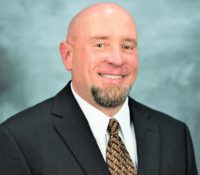
WARREN Welcomes Senior Collision Reconstructionist Mark Turner, ACTAR
Please join us in welcoming Senior Collision Reconstructionist Mark Turner, ACTAR, to the WARREN family!
Mark’s Areas of Expertise Include:
- Tractor Trailer Accidents
- Vehicle Collision Reconstruction
- Crash Data Retrieval
- Forensic Mapping Technology
- Accident Reconstruction
- 3D Scan Imaging and Animations
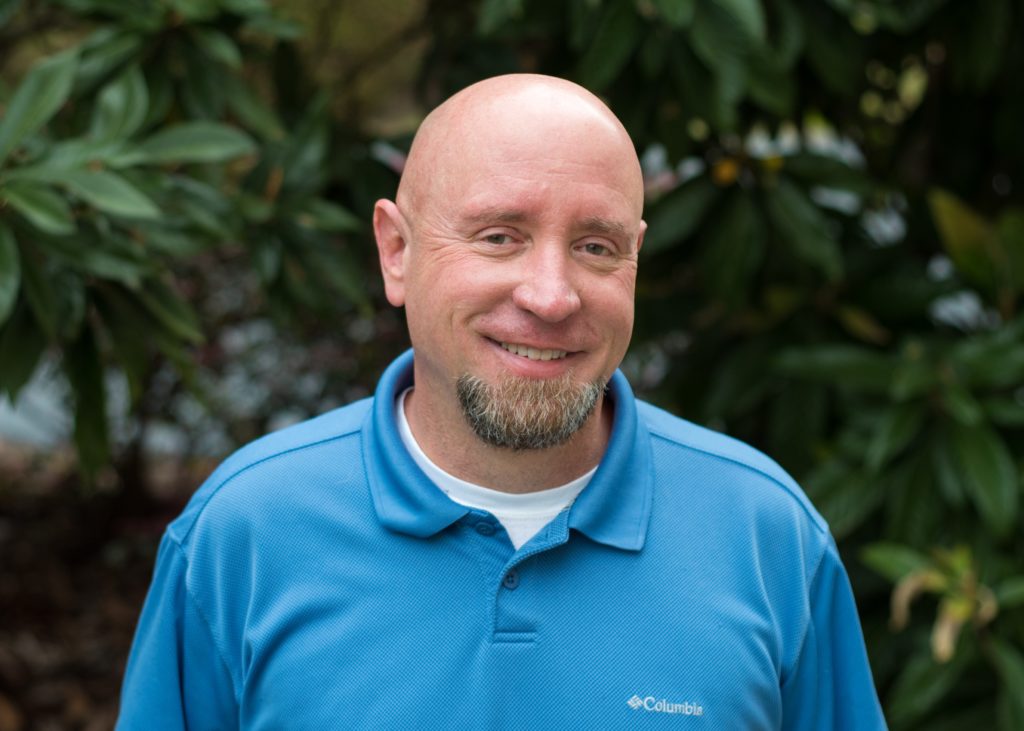
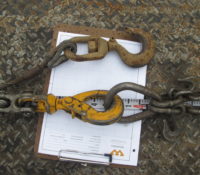
Failure to Maintain Tow Hook Latch Results in Bystander Death
An unfortunate and tragic case that we investigated involved a commercial “rollback” recovery truck that was being used to transport a four-wheel drive diesel pickup. The diesel pickup was not in running order with its’ engine in the bed of the truck. Consequently, a commercial towing company was hired by the truck owner to transport the truck. In the process of loading the truck onto the rollback, the truck came uncoupled from the winch and cable system. The truck then rolled down the inclined bed of the rollback, running over and killing a bystander. Read More
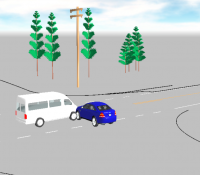
Why investigators should have “Scaled Diagrams” of scenes?
When it comes to diagramming a crash scene, there are several methods to accomplish the task. Forensic Mapping, (locating, positioning, and documenting the evidence of a collision scene to scale) is essential to having the answers to the questions “Who, What, Where, When, and Why?”. Photographs do a great job showing what the investigators saw post collision; yet they lack scale and the ability to describe pre-collision movement. Having a computer aided diagram (CAD) of the collision scene goes much further than the pictures can; here is why.
 A scale diagram gives the full overview of a collision scene from either a 2D or 3D point of view. Being able to see how things lined up, how they came together and how they parted helps explain the events within a crash. When a scene can be viewed from top down or any angle, that helps relay the facts. The investigator, judge, or jury will get Read More
A scale diagram gives the full overview of a collision scene from either a 2D or 3D point of view. Being able to see how things lined up, how they came together and how they parted helps explain the events within a crash. When a scene can be viewed from top down or any angle, that helps relay the facts. The investigator, judge, or jury will get Read More
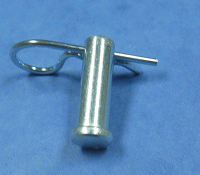
Defective Clevis Pin Culprit in Runaway Trailer
A large agricultural trailer had been connected to a truck using a clevis pin with a spring locking clip. The trailer became disconnected from the truck and collided with an oncoming vehicle. The trailer was in poor condition, did not have safety chains, and had substantial recent modifications by the owner. Read More
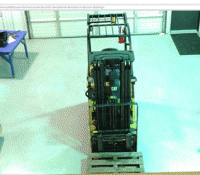
Another Dimension of Engineering, Part 2: Visual Demonstrations Can Clarify the Issue
In our last post on 3D scanning, we introduced Warren’s new Faro Focus X 330 three dimensional scanner. To recap, the Faro scanner combines three dimensional laser measurement with automated photography to capture 360-degree data from the real world. Potential applications include vehicle accident scenes and damaged vehicles, structural collapses, fire scenes, flood damage scenes, and machinery and equipment analysis, among others. In this post, we will highlight some of the outputs that can be created from the detailed data captured by the scanner. Read More


